Write before coffee. Morning pages. Catharsis.
Long pause.
I got those phrases out. Hard to keep going. The situation is so IMMENSE. How do I begin?

Finally, after a lifetime of living with people (not exaggerating), I have a room of my own or, at the least, an alcove and window of my own in my house. At work, where I have been going only rarely, I have an office of my own. Solitude is ample, though of course there are dear people in my life and I see them.
While I have the ideal Woolfian conditions for thinking, writing, and creating, my mind holds a shifting sand dune to trudge up and over before I can proceed. How do I do things that are not necessary, not for survival, not prompted by the pandemic, pre-election, or work pressures?
Yesterday I voted. I filled out my mail-in ballot on my kitchen counter with a black pen. The stroke curved to fill the right edge of the Biden/Harris oval and went over the line, perhaps a millimeter. I stared at it. Did I ruin my ballot? Did I disqualify my own vote? Doesn’t every vote count, even in Massachusetts? Who should I call, the town clerk? What string of words should I google to find out if I messed this up and what I should do to fix it?
I called on my inner voice. Jane, it’s really okay. It’s all about filling the oval. Not X-ing or checking it. The human hand cannot operate with 100% accuracy. Not your hand, not any other voter’s hand. Have faith. Keep filling the ovals, front side and back.
I walked to my town hall to deposit my ballot. Walking is better than sitting and driving. It felt ceremonial.
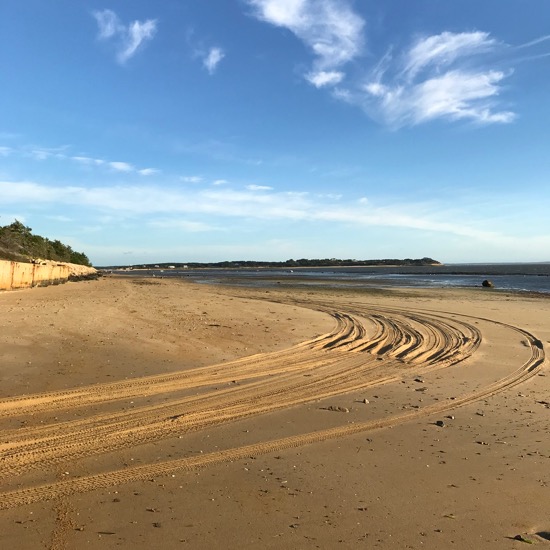
This is not about voting per se — it’s about the near-simmering panic that bubbles up. All these anxiety balls we are juggling are too many.
I read online some bit about the prefrontal cortex and its role in executive functioning and planning. (Did I get that right? If someone knows, please inform me because I am always happy to have the right answer gently provided to me.)
When this brain region is overwhelmed, as it is for all of us now, it can’t sort, prioritize, and plan.
I worked all day yesterday, feeling as though I kept circling the same To Do list over and over, picking off things to do and doing them with no sense of having picked the right thing to do. I ended up doing a lot and at the same time leaving a lot of gaps.

This is a duality: doing a lot and at the same time not getting much done.
I remember Jimmy, who loved quotable pithy wisdom, telling me more than once about some advice from guru screenwriter seminar-leader Robert McKee saying something like, “There is a difference between action and activities.” You want your character, if you’re writing a novel, to be involved in action, not activities. And–also according to Jimmy– someone else said, maybe a productivity guru, that this principle could be applied to work: be involved in action, not activities.
Activities are about all that’s happening for me and work and life right now. Do, do, do.
Yesterday after I got back from voting I took a break from my To Do list and I repotted a succulent garden that had lost a few of its babies in an over-watering episode this summer. I did this also on my kitchen counter — it’s an island at the center of the kitchen, and in this house the kitchen is at the center of the house — and one thing led to another so I emptied the dishwasher, reloaded it, sorted the mail, boiled water for tea, and gave the dog Winston some affection. He does his job so well, providing comfort and companionship, and I don’t always recognize him for his contributions to our life.
Late yesterday afternoon, in a Teams message my friend and colleague Ashley Armand asked me:
“Have you updated your blog? I haven’t seen a new post, but always looking forward to reading about all the feels that come with this life.”
What can I say? I wondered. By “say,” I mean “write.” My mind is holding all details in working memory as equally important and not doing its usual sorting, emphasizing, and minimizing in the way I rely on it to do. Promising ideas and images are not naturally floating to the top.
Monday I had THREE medical appointments, ones that replaced appointments that had been canceled back in April. I saw my endocrinologist, I had a routine mammogram, and later I went to Joslin to get a deep look into my eyes. In all cases, they had timed everything so there was really no waiting. You check in, and you get directed immediately to a room. I felt safe, and yet also as though I was walking on the moon with a few other astronauts.
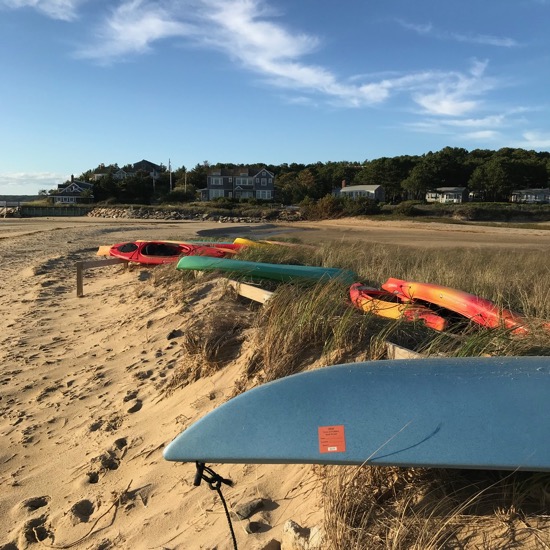
I looked back at my camera roll for the last couple of days, then extended it to the last couple of months, to see if I had any photos that could illustrate this extraordinary time we’re living through. I saw
- screenshots of catalog items I probably won’t buy
- photos of trees downed in the recent crazy rain and wind storms
- pictures of Winston
- pictures of Lydia
- banner and sign images from front yards
- a haircut photo
- hills and trees from recent walks and hikes
- one masked selfie
- gold leaves and crimson leaves
- one of the John Hancock Building from a distance as I crossed a pedestrian bridge over train tracks
- and finally my ballot getting dropped in the box yesterday.
One month ago my partner Chris and I were on Cape Cod for two weeks. We had rented a house there to “work from home,” yet in a better location.
There was an afternoon when he was working, on conference calls, and I did my own thing. Maybe a room of one’s own can also be the outdoors.
It was after a storm and the wind was wild. I walked to the town beach, near an inlet on the bay side of the narrow stretch of land that Wellfleet is on, part of the Cape Cod National Seashore that Kennedy set aside in his administration. The wind intensified, blowing my hair and making me shove my hands into my parka pockets. (Photos in this post are from that moment.)

The world is glorious, full of wonders, I thought. I turned in a circle and looked all around, taking a lot of mental photos and a handful of digital ones. It was an instance when I could believe that life itself is timeless–it existed before I was born and it will exist after me–and let go of that constant feeling of needing to do everything to save it.
And yet I don’t believe that our worries about the world are unfounded.
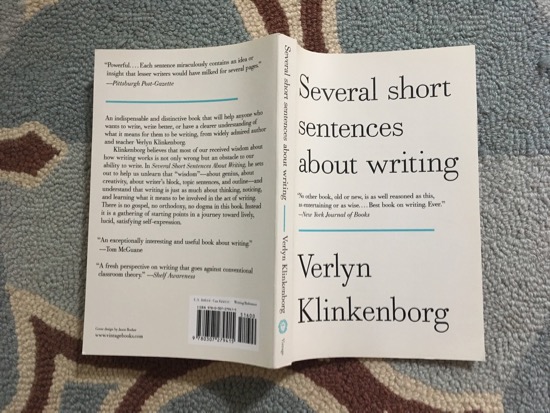

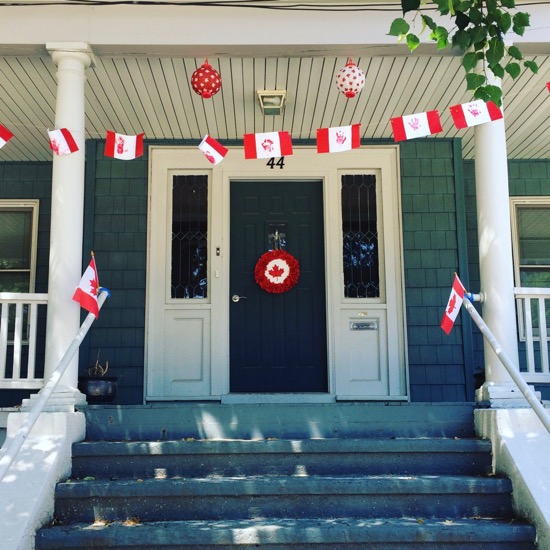
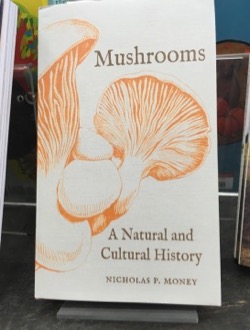 I am rusty at non-required writing. Every day I get it done for work but when it comes to the optional kind, I am tentative and wary of beginning again.
I am rusty at non-required writing. Every day I get it done for work but when it comes to the optional kind, I am tentative and wary of beginning again.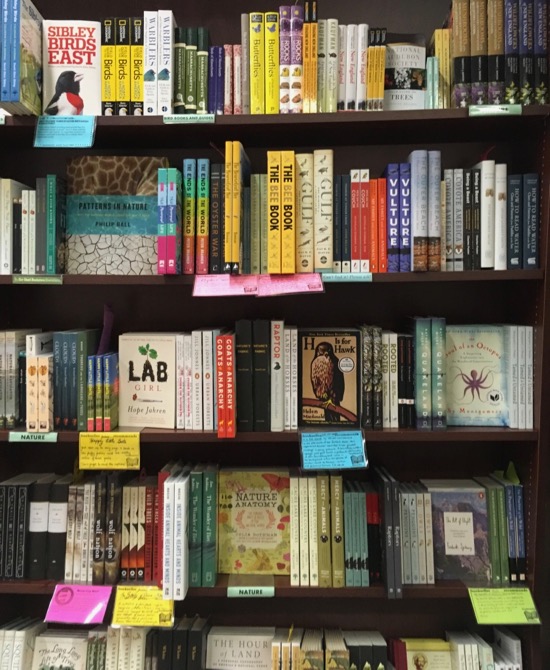
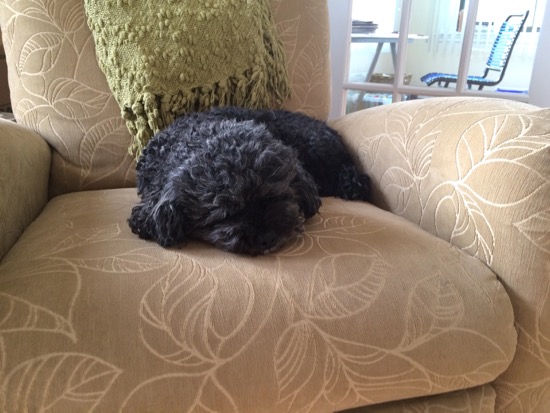
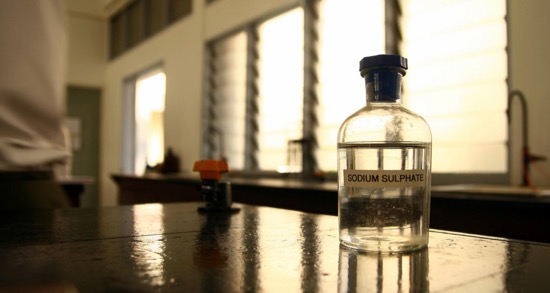
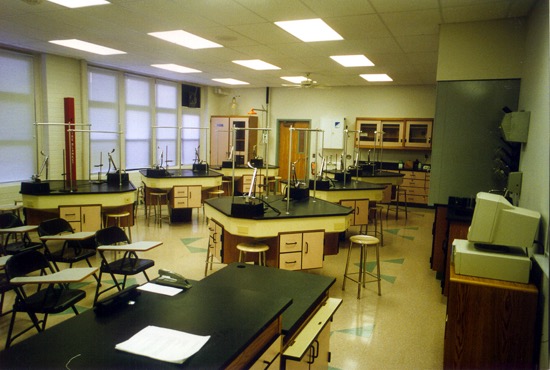
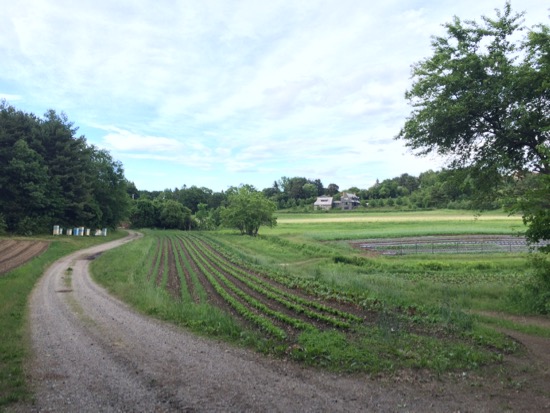
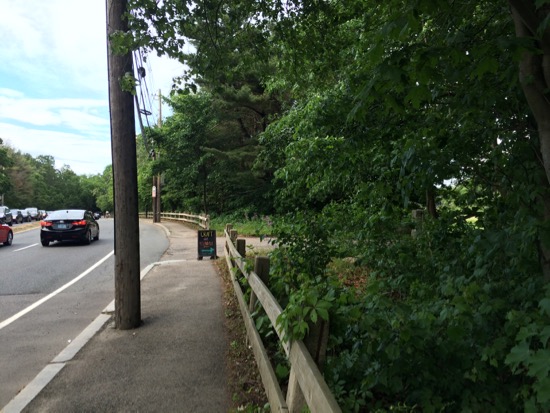
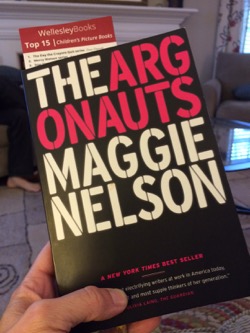 In the photograph is
In the photograph is